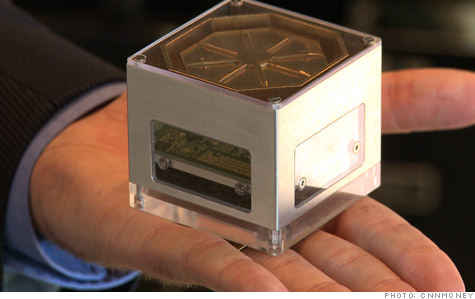Question from last week:
Find a phenomenom of the natural world and how it works. What ethical environmental challenges come from this phenomeon?
http://cnn.com/video/?/video/world/2011/03/25/lah.japan.town.leaders.gone.cnn
This video is one of many of the natural disaster that took place in Japan this past week. The earthquake and tsunami were two of the most extreme natural disasters seen in a long time. Astronomers believe the quake and tsuanmi were so severe because the moon was closer to the earth than it has been in twenty years, causing the tides to change drastically. Japan is also situated on a fault line. The destruction was already massive, but then nuclear plant problems increased the damage even more. As the destruction caused lack of available water in the cooling systems of Japan's nuclear plants, more explosions caused radiation and destruction. Right now, the radiation in Japan's sea water is 1,250 times the normal amount.

Many Japanese have been faced with the dillema to stay and help or leave their hometown and country. Staying with that kind of exposed radiation is dangerous for the human body, and yet some people don't know anywhere else but their small towns in Japan. It is a tragic loss of an emerging country. The world sends hope to those survivors as they make life changing decisions.
This week in class:
A) This week we began the study and watching of a documentary about the deaf community and a new invention called the cochlear implant. A cochlear implant
, or bionic ear, is a surgically implanted electornic device that provides a sens of sound to a person who is profoundly deaf or severely hard of hearing. Many deaf, especially young children, are beginning to turn toward this device as a means of hearing. The younger a person has the implant, the more successful it is. This documentary focuses on the debate between two deaf parents allowing their five year old to recieve the surgery. The father is against the surgery, as he believes that the deaf community is more beneifical and that his daughter can find a home within that specific culture and community, while the mother think it may be beneficial for her daughter.
B) As a "hearing person" I know I don't fully understand why a deaf person would want to remain deaf. The father says that he, "likes being deaf, it's peaceful." But he also believes that life started for him when he learned sign language, his form of communication. Though this family seems to get along fine with sign language, in today's society communication and information rule, and this five year old could learn to speak the way that the rest of the world does, what is the harm in that? Today, over 188,000 people have recieved the surgery sucessfully, so why not give it a try? It is a completely different perspective. Before this documentary, I never knew the extent of deaf culture and deaf communities.
C) To bring another disability into the discussion, my family has a family friend who is blind. She has been blind since she was four years old, and can only sense when it is light or dark outside with her vision. She is also a graduate of Jullliard and a professional pianist and composer. She lives with another "legally blind" man and they take care of each other. Their culture of blind muscians is strong, and they are happy people. When I think of them, I understand the point of the father of the deaf child in the documentary.
Question for next week:
Is there a deaf community in Richmond? What kind of work do they do?
Sources:
"Radiation in Seawater off Nuclear Plant Spikes to 1,250 times Normal - CNN.com."
CNN.com - Breaking News, U.S., World, Weather, Entertainment & Video News. Web. 26 Mar. 2011.
http://www.cnn.com/2011/WORLD/asiapcf/03/26/japan.nuclear.disaster/index.html.
Cochlear Implant."
Wikipedia, the Free Encyclopedia. Web. 26 Mar. 2011.
http://en.wikipedia.org/wiki/Cochlear_implant.
Herskovitz, Jon, and Paul Eckert. "Tsunami and Radiation May Sink Japanese Fishermen| Reuters."
Business & Financial News, Breaking US & International News | Reuters.com. 26 Mar. 2011. Web. 26 Mar. 2011. <http://www.reuters.com/article/2011/03/26/us-quake-japan-fishing-idUSTRE72P0ZK20110326>.




